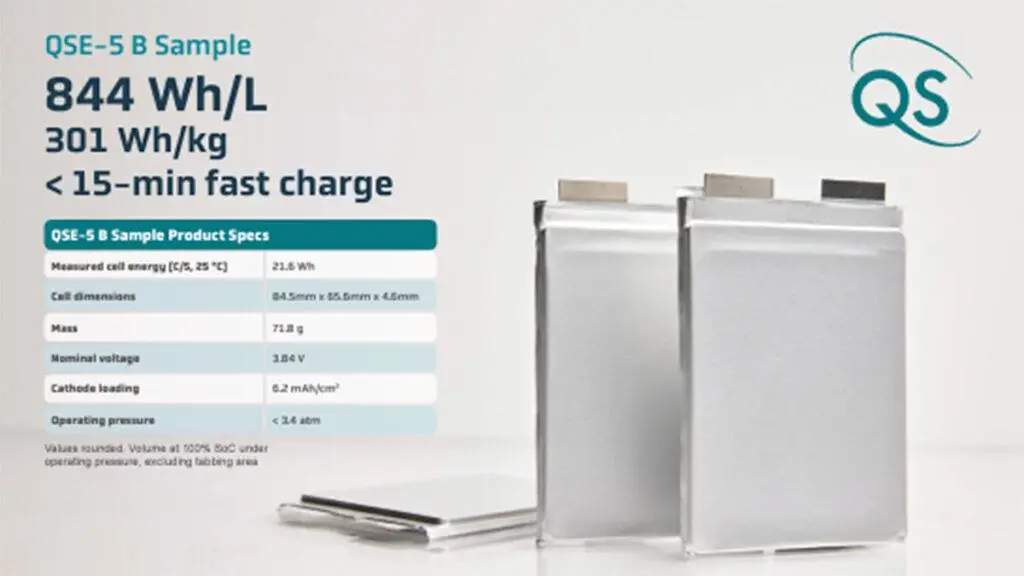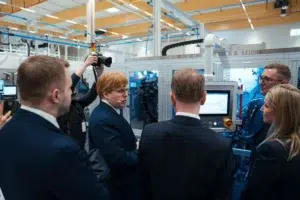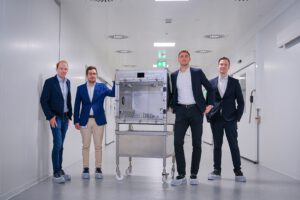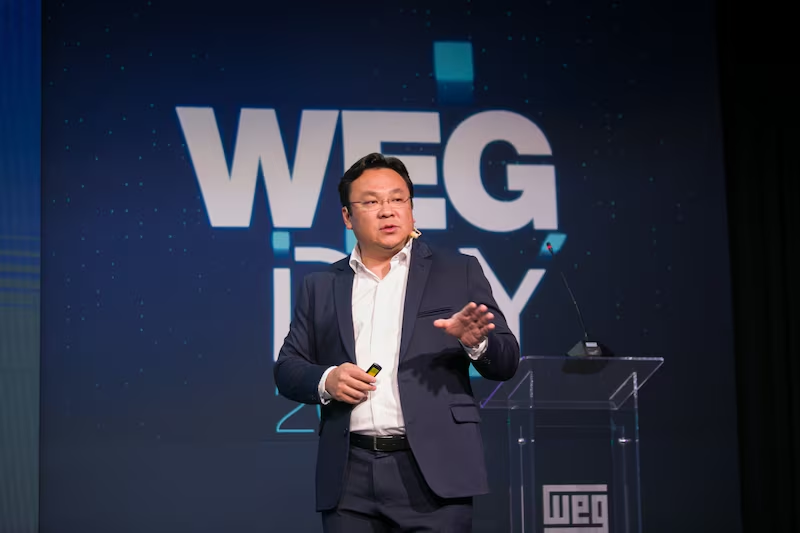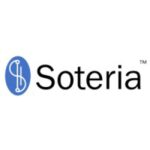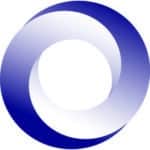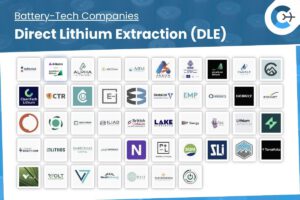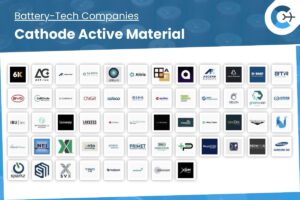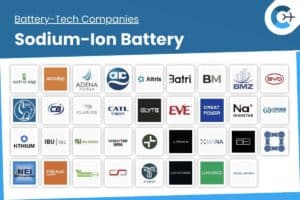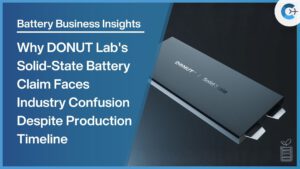The B-sample cell, named QSE-5, is poised to become QuantumScape’s first commercial product. It features a capacity of 5 Ah and an energy density exceeding 800 Wh/L. In its third-quarter report, QuantumScape announced that production and delivery of these cells for testing to automotive industry customers have begun. Volkswagen is expected to be among the recipients, as its battery subsidiary PowerCo aims to industrialize solid-state batteries and entered into an agreement with QuantumScape in July 2024. This partnership focuses on a licensing arrangement for the future mass production of solid-state cells on a gigawatt-hour scale.
“QSE-5 represents an important milestone for our company and the battery industry as a whole,” stated QuantumScape in its annual report. “These cells are, to the best of our knowledge, the first anode-free solid-state lithium-metal cell design ever produced for automotive applications. This cell is capable of simultaneously delivering exceptional performance with respect to energy density, discharge power, charging speed, low-temperature performance, and safety.”
Despite this progress, QuantumScape emphasizes the need for extensive product testing that “will take many months.” Additionally, the company writes: “We have to substantially improve on metrics such as cell reliability, yield and equipment productivity, among others.”
Technical Specifications of QSE-5
The QSE-5 is a solid-state battery cell measuring 84.5 mm x 65.6 mm x 4.6 mm. It can be charged from 10% to 80% in under 15 minutes at 45 degrees Celsius. The cell offers an energy density of 844 Wh/L or 301 Wh/kg and supports a discharge rate of up to 10C. It also performs effectively at temperatures as low as -30 degrees Celsius.
The QSE-5 has already been preceded by two cell prototypes at QuantumScape: the company had already delivered the ‘A0’ cell samples to car manufacturers for testing in December 2022, and the ‘Alpha-2’ cells followed in March 2024. In addition to the cells themselves, the US company is also working on a manufacturing process suitable for mass production. The ‘Raptor production process’ for the small series of the QSE-5 is said to have been implemented in the meantime. The ‘Cobra production process’ is still being developed in parallel for the large-scale production of the solid-state electrolyte separator and should be available in 2025.
Collaboration with PowerCo
QuantumScape highlighted its agreement with PowerCo, finalized in the third quarter, describing it as a landmark deal. The initial phase involves intensive collaboration, with PowerCo contributing skilled personnel to aid in the industrialization of the QSE-5 technology platform. Upon satisfactory technical progress, QuantumScape will grant PowerCo a license to mass-produce battery cells based on QuantumScape’s technology in exchange for royalties, including a $130 million prepayment.
Joint development activities are currently underway at QuantumScape’s facilities in San Jose. The two companies have a longstanding relationship; Volkswagen Group has been involved with QuantumScape since 2012 as a major investor. A joint venture established in 2018 was replaced by the new agreement in July, positioning PowerCo at the forefront rather than Volkswagen. Earlier this year, PowerCo publicly acknowledged QuantumScape’s “encouraging results” with its solid-state battery cells after extensive testing in its laboratories, marking an early public commitment to the technology.
The core of the collaboration is a non-exclusive license enabling PowerCo to commence large-scale production of solid-state cells. According to the Wolfsburg-based company, moving forward depends on technological advancements and agreed-upon license payments. Under the agreement, PowerCo may produce up to 40 gigawatt-hours per year using QuantumScape’s technology, with an option to double this capacity. However, the Volkswagen subsidiary has not outlined a specific timeline for the project.
Leadership Transition
License income is a crucial component of QuantumScape’s business model. However, due to capital-intensive development, the company anticipates a loss of $280 to $300 million US dollars in the current year. The company’s transition from a pure research and development entity to one focused on product and industrialization ambitions is reflected in recent personnel changes. Jagdeep Singh, co-founder and CEO since the company’s inception in 2010, will step down from the executive board at the end of 2024 after nearly 15 years. He will be succeeded by Dennis Segers, who previously served as CEO of Xilinx and President of Matrix Semiconductor.
QuantumScape is also announcing who will replace Frank Blome on the Board of Directors from Volkswagen. Blome resigned in the summer and will be replaced by Dr Günther Mendl, Head of the Battery Competence Centre at Volkswagen AG since 2022.
Source: Electrive

